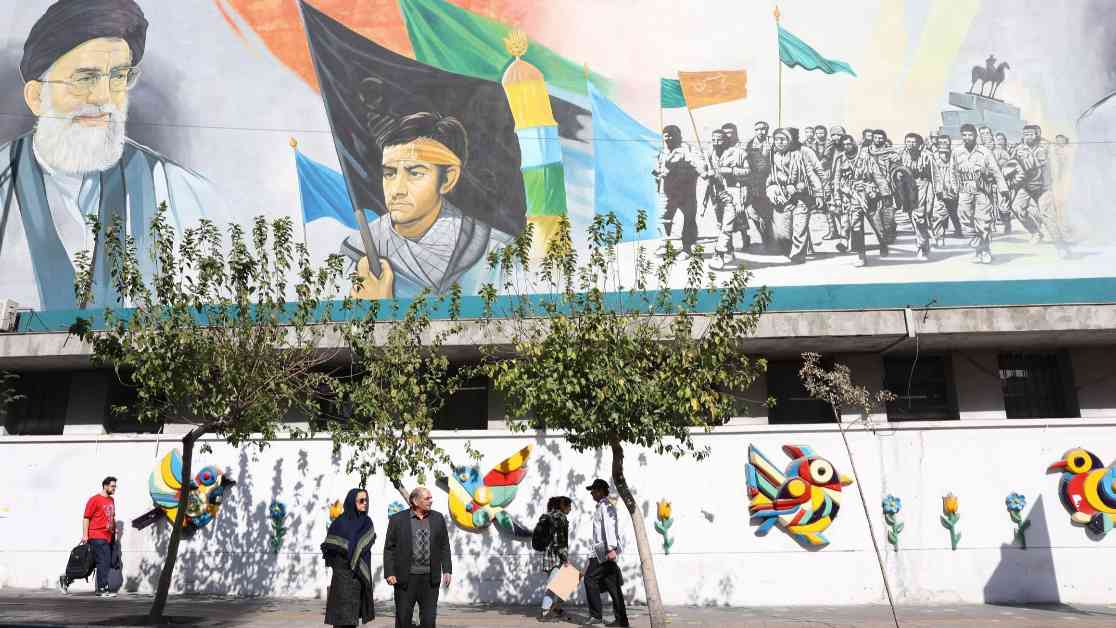Tensions in the Middle East have escalated as Iran reacts to recent Israeli air strikes. The situation has raised concerns about the potential for further conflict in the region.
Iran has condemned the Israeli air strikes, calling them a violation of international law. The Iranian government has vowed to retaliate against what it sees as aggression from Israel.
The Israeli government, on the other hand, has defended its actions, stating that it was targeting Iranian-backed militia groups that pose a threat to its security. Israel has said that it will continue to take action to protect its citizens.
The escalating tensions between Iran and Israel have raised fears of a wider conflict in the region. The United Nations has called for calm and urged both sides to exercise restraint.
The international community is closely watching the situation in the Middle East, with many countries expressing concern about the potential for further violence. Diplomatic efforts are underway to try to de-escalate the situation and prevent a full-blown conflict.
The situation in the Middle East is complex and volatile, with multiple actors and competing interests at play. The region has been a hotspot for conflict for many years, and the latest tensions between Iran and Israel only add to the uncertainty and instability.
It is important for all parties involved to engage in dialogue and diplomacy to resolve their differences peacefully. The consequences of further escalation in the region could be catastrophic, not only for the countries directly involved but for the entire world.
As the situation continues to unfold, it is crucial for the international community to work together to prevent a major conflict from erupting in the Middle East. The stakes are high, and the need for diplomacy and de-escalation has never been greater.






















